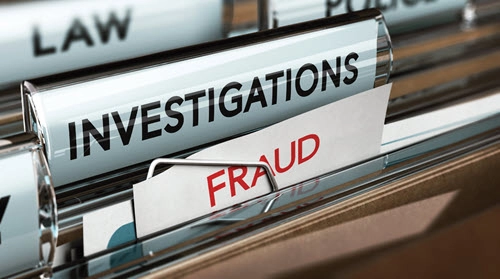Higher-level care continues to be a flash point for hospice fraud investigations.
Metropolitan Jewish Health System Hospice and Palliative Care, a New York nonprofit hospice provider, has settled allegations that it “knowingly billed Medicare and Medicaid for unnecessary levels of hospice care,” the Department of Justice says in a release — namely Continuous Home Care and General Inpatient Care. MJ Hospice will pay the federal government $4.85 million and the State of New York $375,000, the DOJ says.
“The allegation was that medical record documentation for hospice levels of care for general inpatient care and continuous home care was insufficient for certain limited periods … for some of the claims submitted in the period 2011 to 2015,” the provider says in a release shared with AAPC. “MJHS Hospice has updated its policies to assure that our services are consistent with these important regulations. This action did not question or challenge that high-quality care was in fact provided by our dedicated hospice team. Ultimately, this came down to us providing additional services that, while meaningful to our patients, were not eligible for reimbursement under applicable health care rules,” the provider says.

The suit was filed by a former employee, MJHS Hospice acknowledges. The DOJ didn’t divulge how much of the settlement the whistleblower will receive.
Watch For Changes To How HHS Issues Guidance
Now that a public comment period has wrapped up, keep an eye out for a forthcoming final rule addressing how the Department of Health and Human Services issues guidance documents.
In the Aug. 20 Federal Register, HHS proposes to “issue regulations governing the agency’s release and maintenance of guidance documents. These regulations would help to ensure that the public receives appropriate notice of new guidance and that the Department’s guidance does not impose obligations on regulated parties that are not already reflected in duly enacted statutes or regulations lawfully promulgated under them.”
The proposed rule “is one component of the Department’s broader regulatory reform initiative,” HHS says. It “is designed to increase accountability, improve the fairness of guidance issued by the Department, guard against unlawful regulation through guidance, and safeguard the important principles underlying the United States administrative law system.”
The comment period closed Sept. 16. The rule is at www.govinfo.gov/content/pkg/FR-2020-08-20/pdf/2020-18208.pdf.
